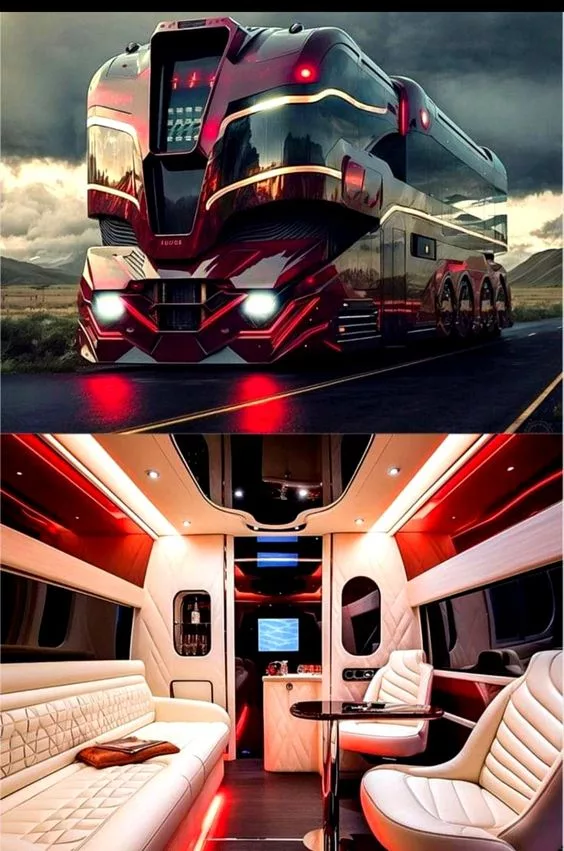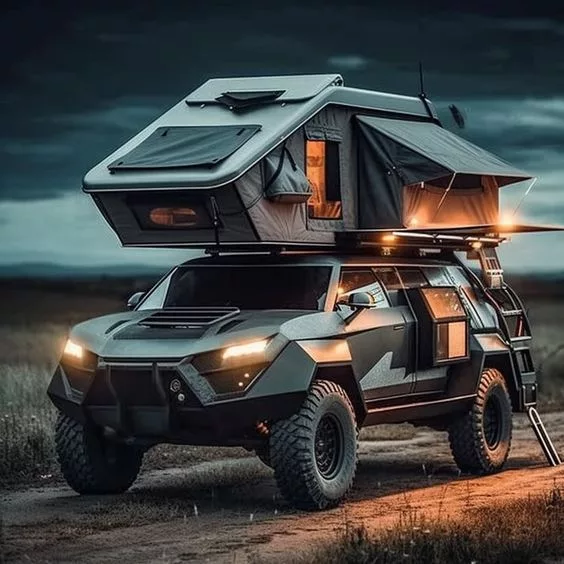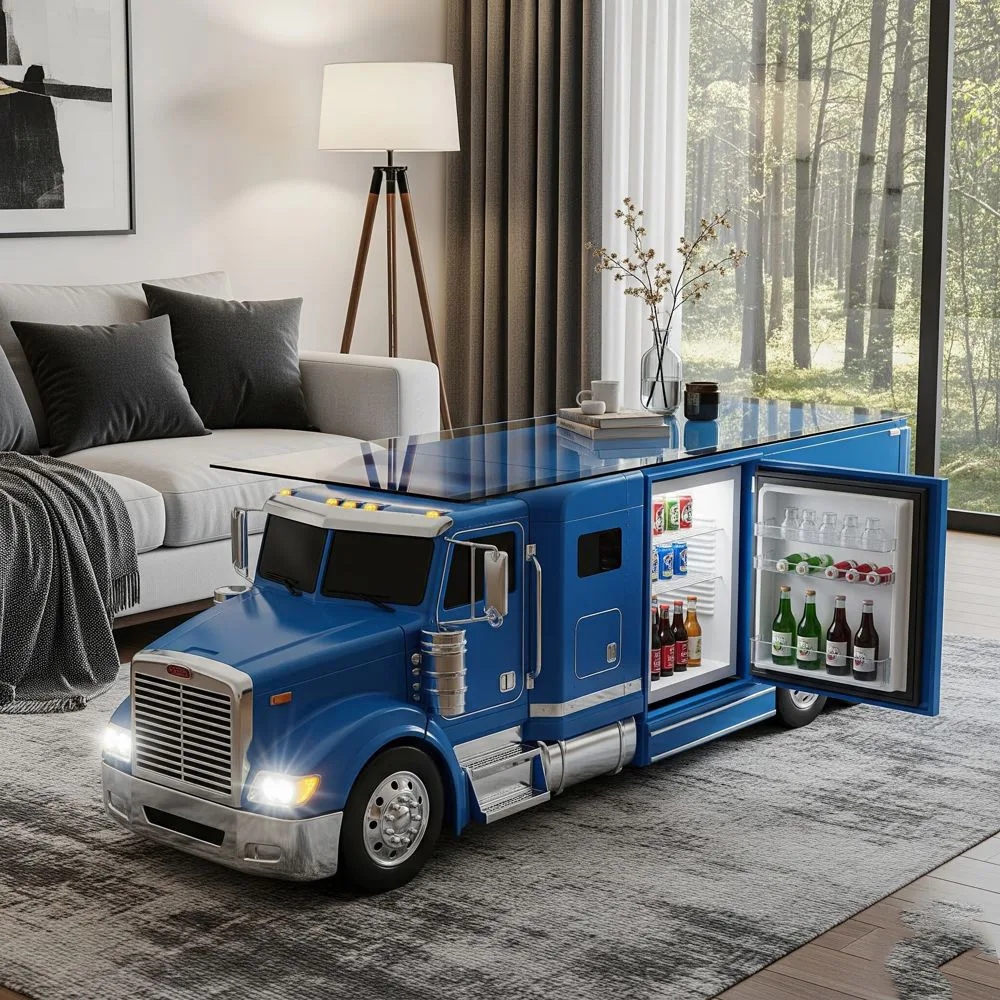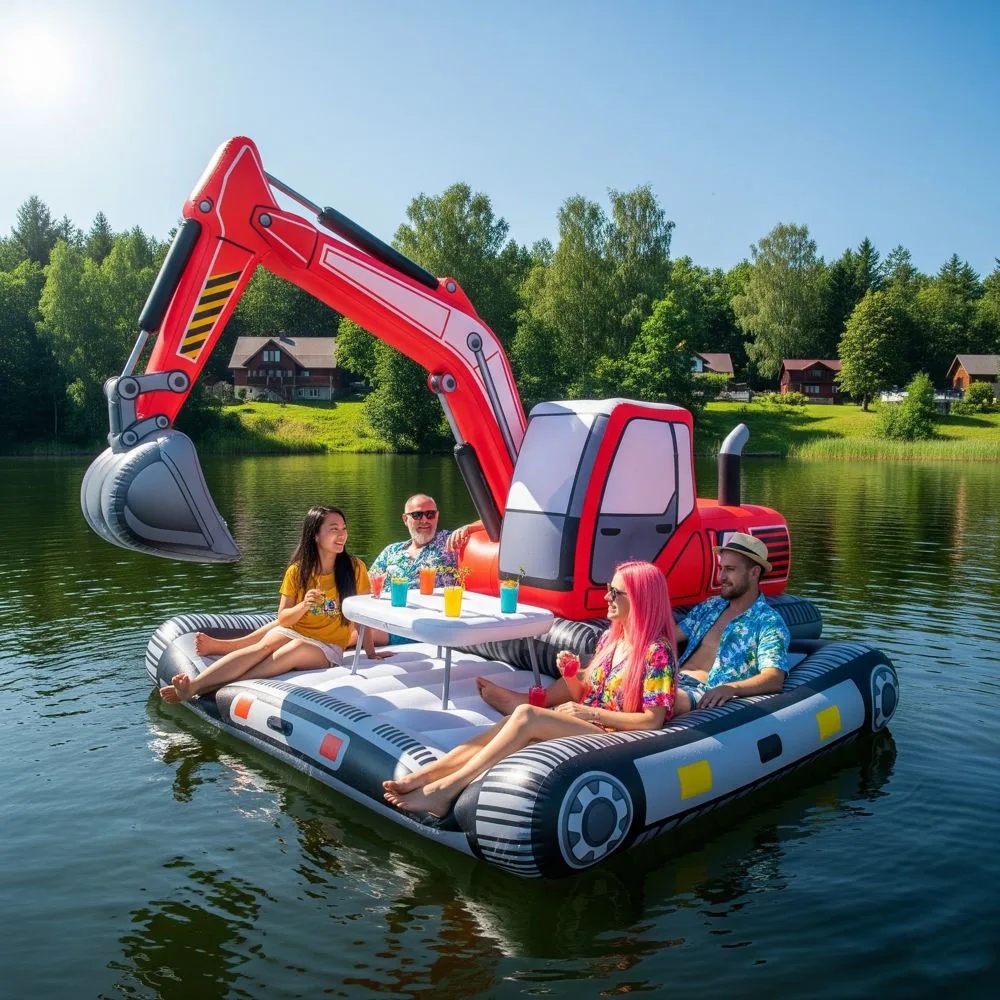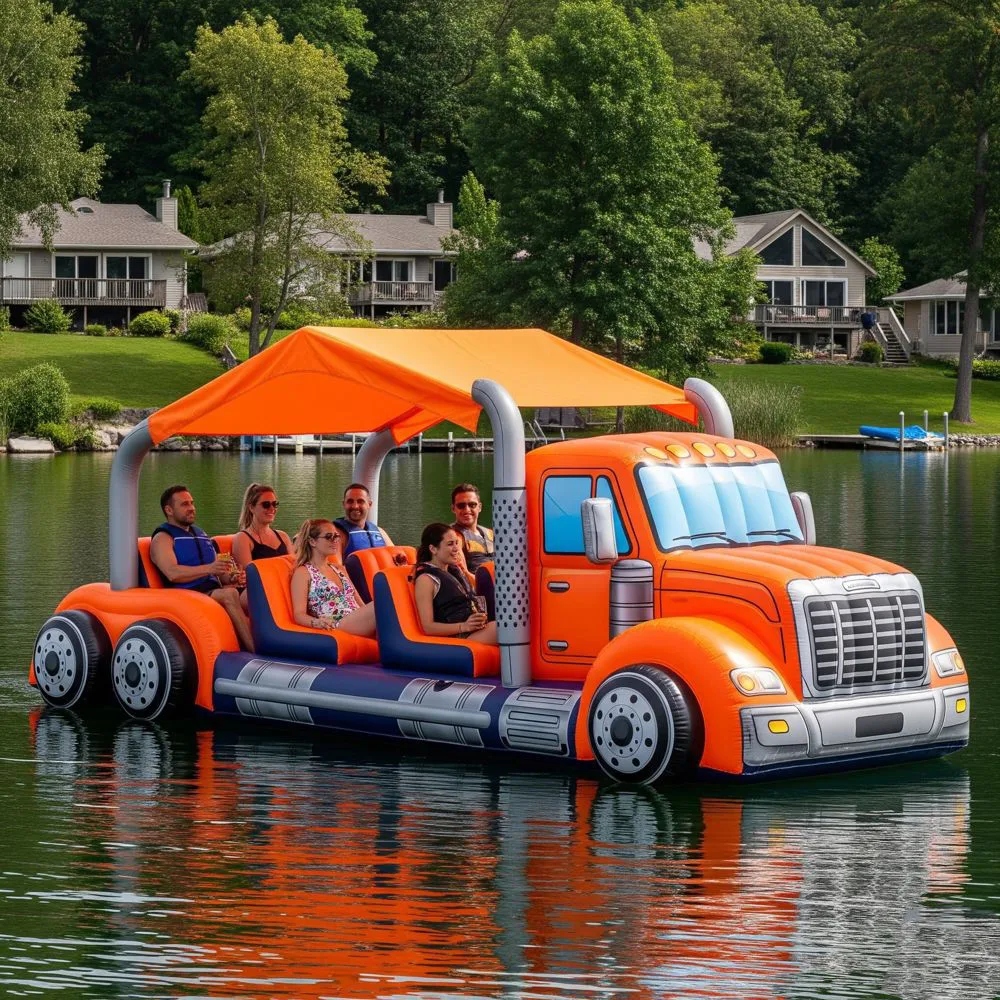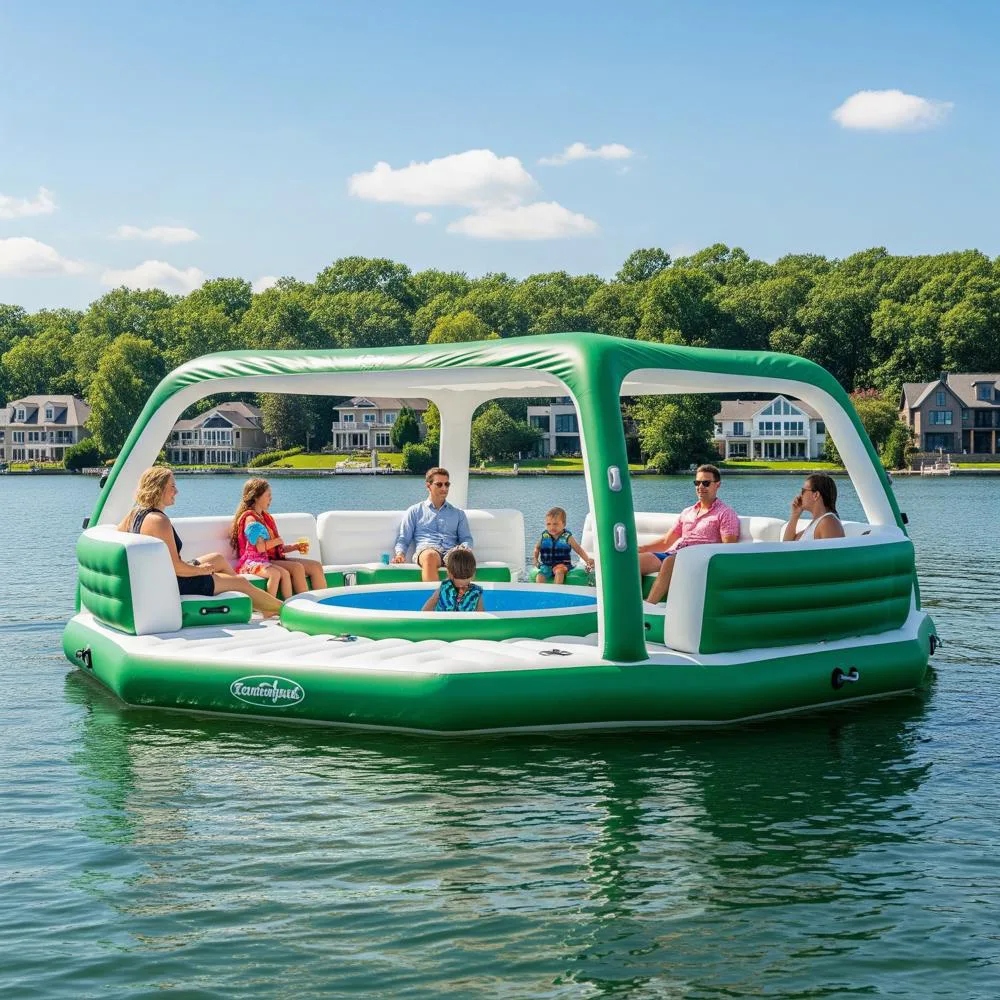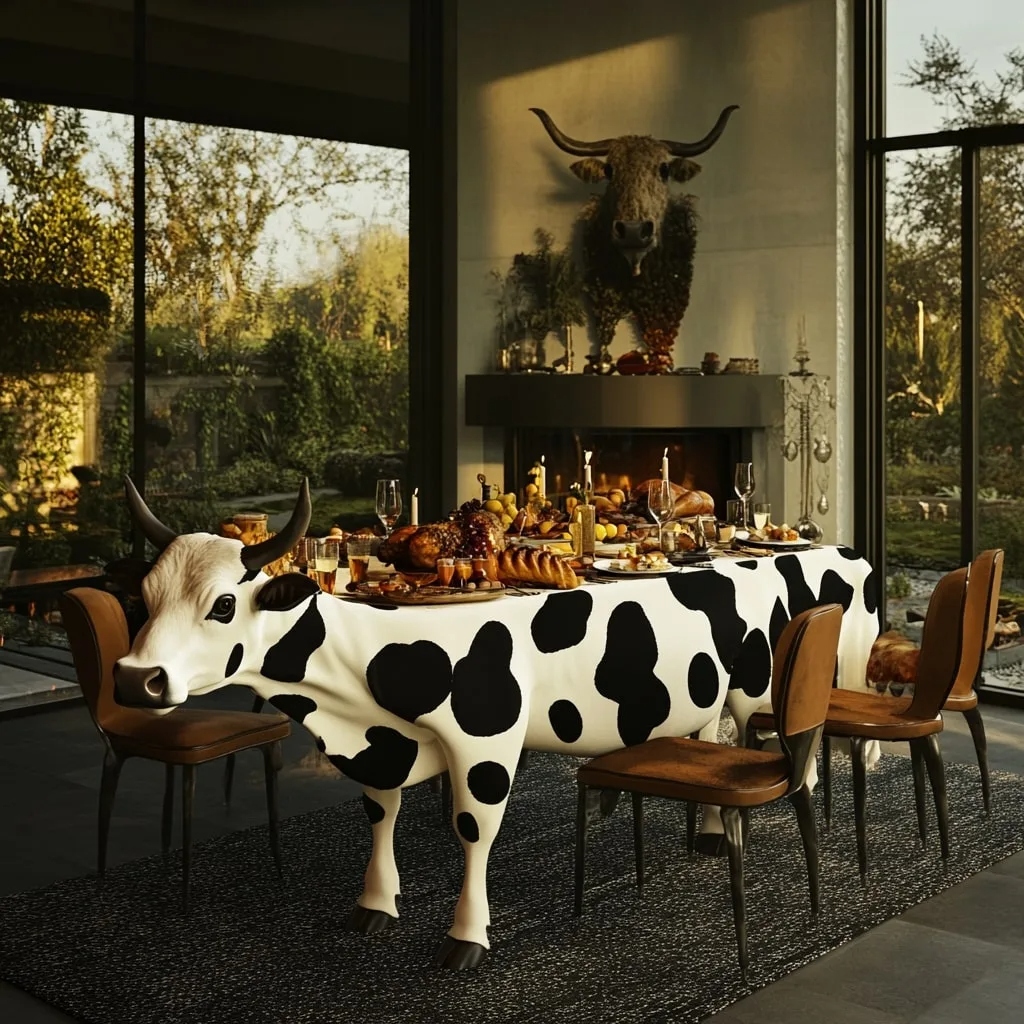Did you know that mobile homes are becoming increasingly popular, with over 22 million Americans residing in them? These compact dwellings offer affordability and flexibility, catering to a diverse range of lifestyles and preferences. From minimalist designs to luxurious amenities, mobile homes provide an alternative housing solution that is gaining traction across the country.

Benefits of Mobile Homes as Affordable Housing
Cost-Effective Living
Mobile homes serve as a cost-effective housing option for individuals and families with limited budgets. The lower costs associated with mobile homes enable homeowners to save money on both mortgage payments and utility bills, making them an attractive choice for those looking to reduce their monthly expenses.
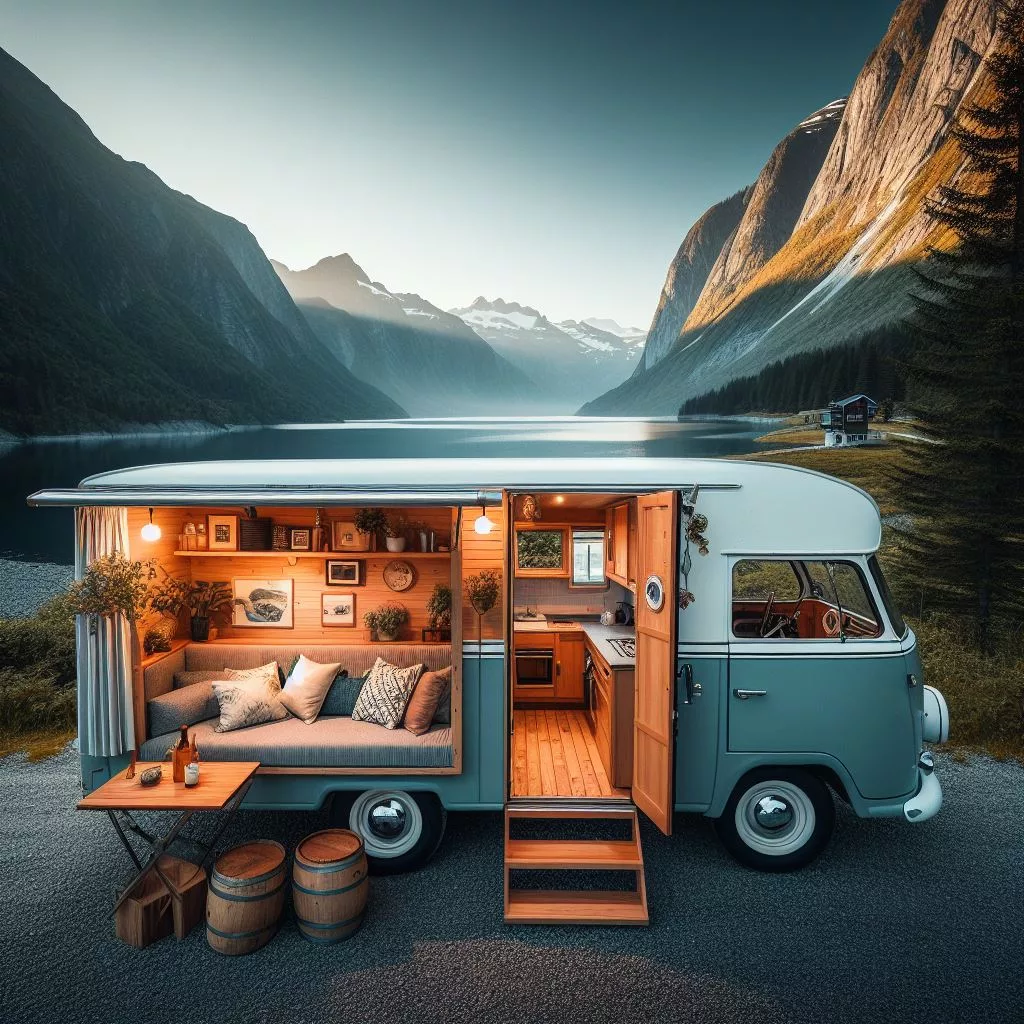
- Lower upfront costs
- Reduced utility bills
Mobile homes provide a practical solution for individuals who need affordable housing without compromising quality. For instance, the ability to relocate easily makes them suitable for people who frequently move due to work or personal reasons. This flexibility allows residents to maintain stability in their living situation while adapting to changing circumstances.
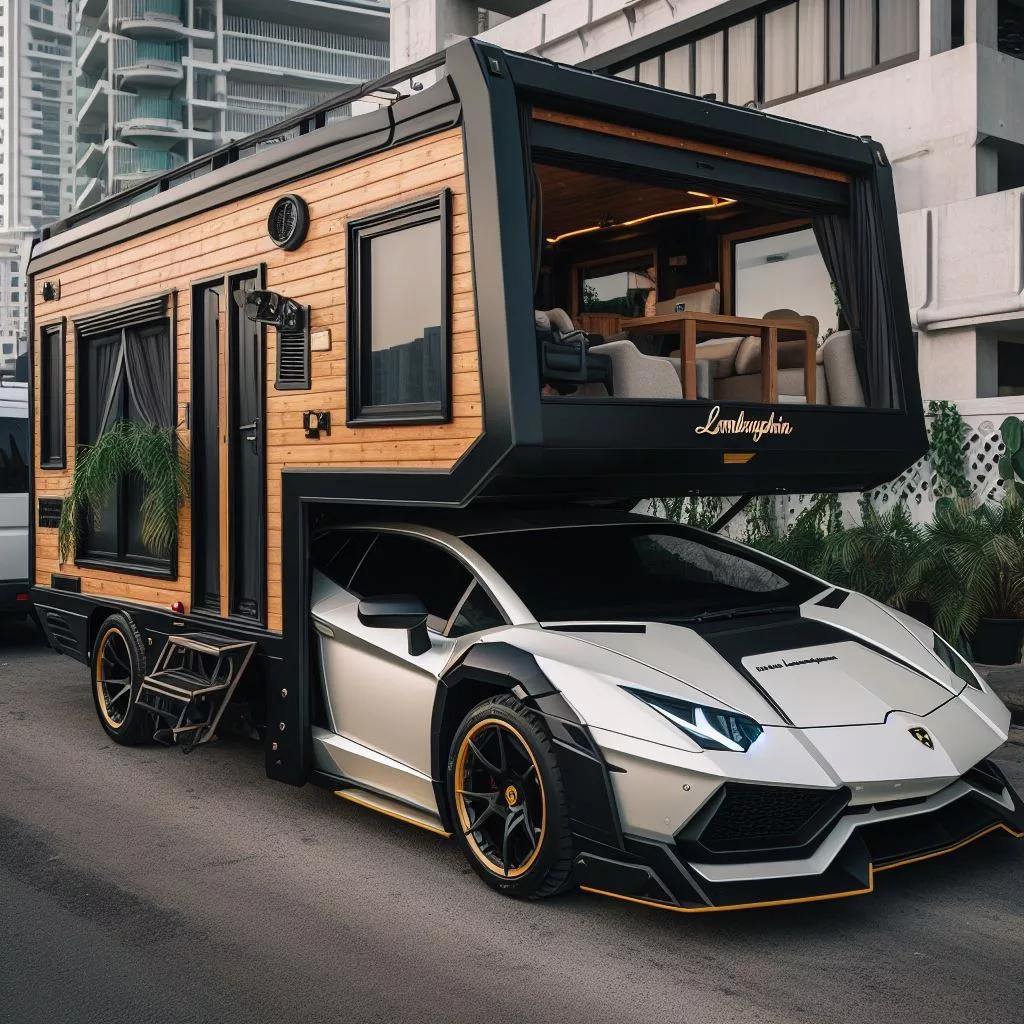
- Flexibility in relocation
- Stability amidst changes
Understanding the History of Mobile Homes
Evolution of Mobile Homes
Mobile homes, initially designed as travel trailers in the early 20th century, have a fascinating history. Over time, with advancements in transportation and manufacturing techniques, mobile homes evolved into more permanent structures. The ability to relocate these dwellings easily made them popular among those seeking flexibility.
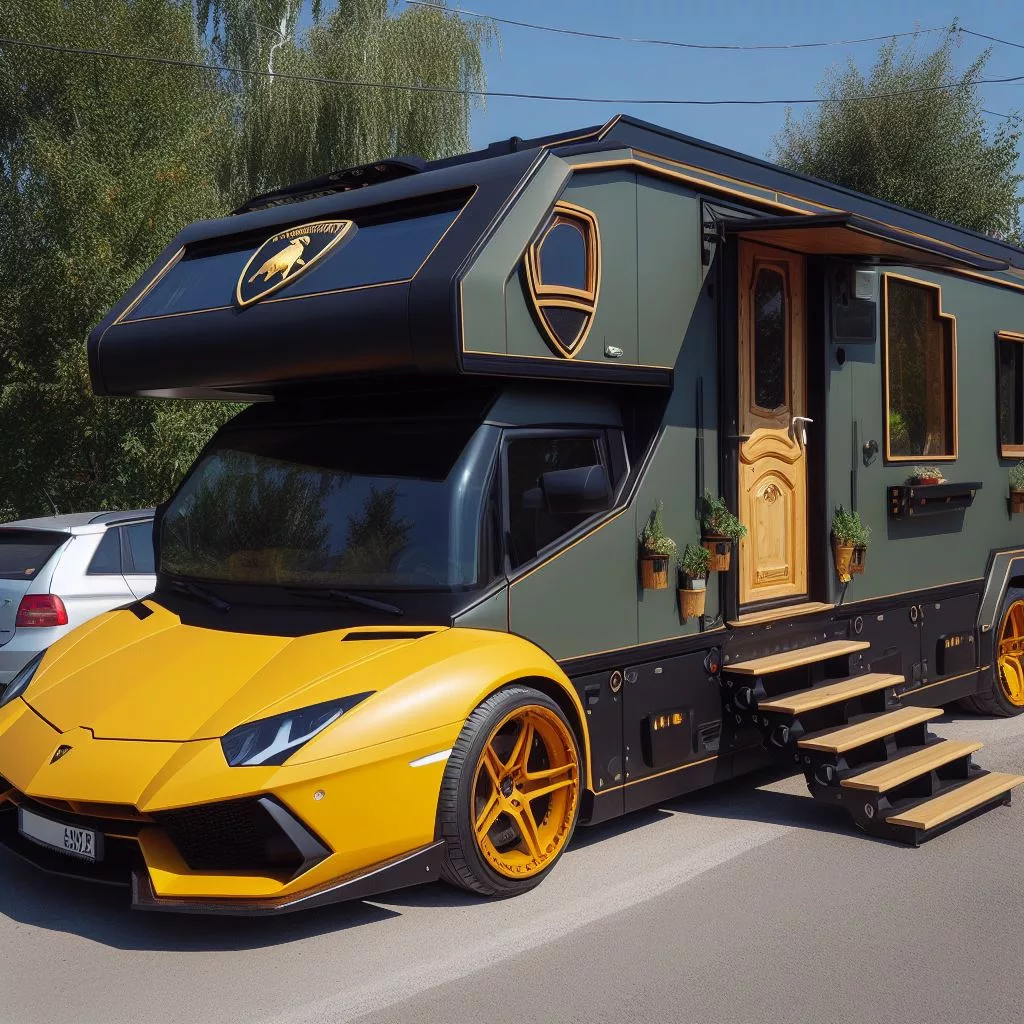
The concept gained traction after World War II when there was a surge in demand for affordable housing solutions. Mobile homes provided an economical alternative to traditional houses, meeting the needs of many families looking for cost-effective living arrangements. As the popularity of mobile homes soared post-war, they became synonymous with affordability and convenience.
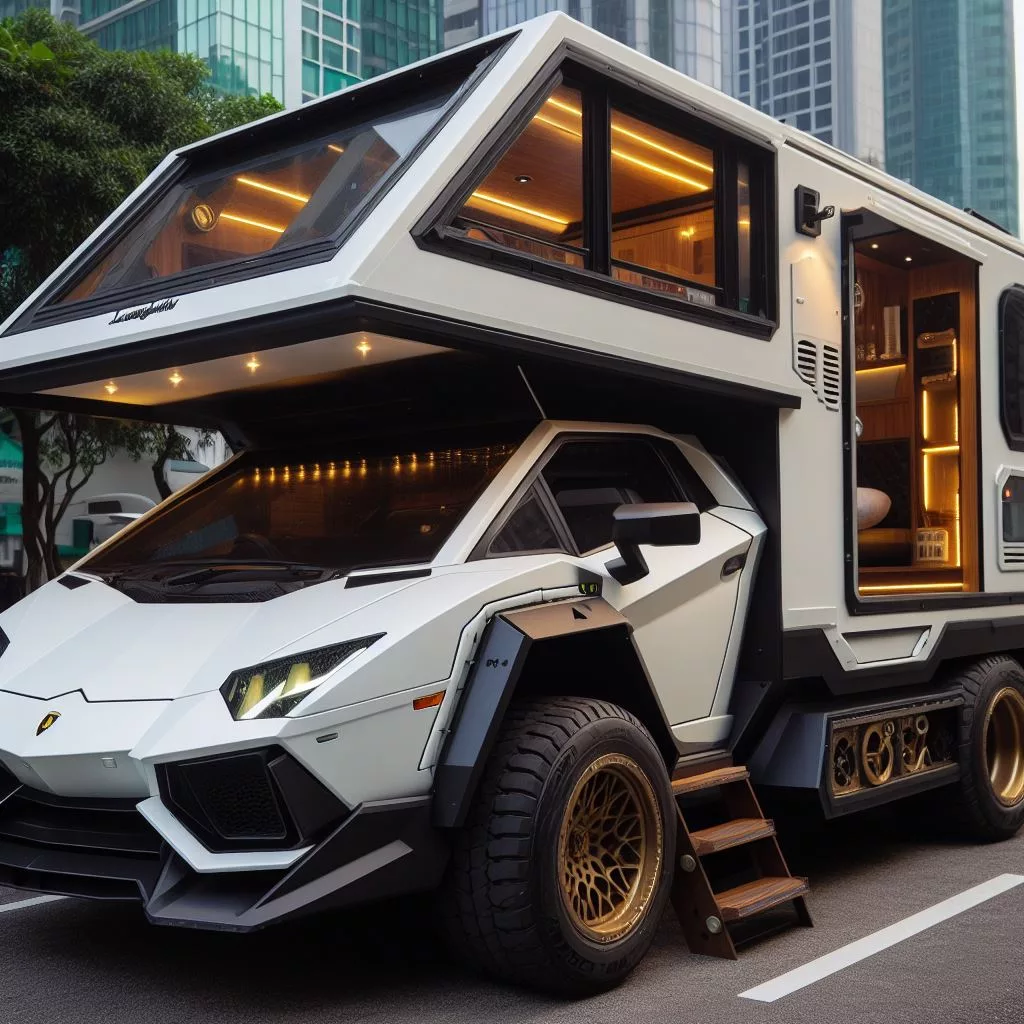
Impact on Housing Market
The rise of mobile homes had a significant impact on the housing market by offering an accessible entry point for homeownership. Families who couldn’t afford conventional houses found solace in mobile homes, which offered comparable comfort at a fraction of the cost. This shift reshaped perceptions about homeownership and challenged traditional notions about what constitutes a home.
- Mobile homes evolved from travel trailers
- Increased demand post-World War II due to affordable housing needs
Differences Between Mobile Homes and Traditional Homes
Construction Process
Mobile homes are built in factories and then transported to their final location, while traditional homes are constructed on-site. The building process for mobile homes is quicker since they are assembled indoors, shielded from weather delays. On the other hand, traditional homes take longer to build due to on-site construction requirements.
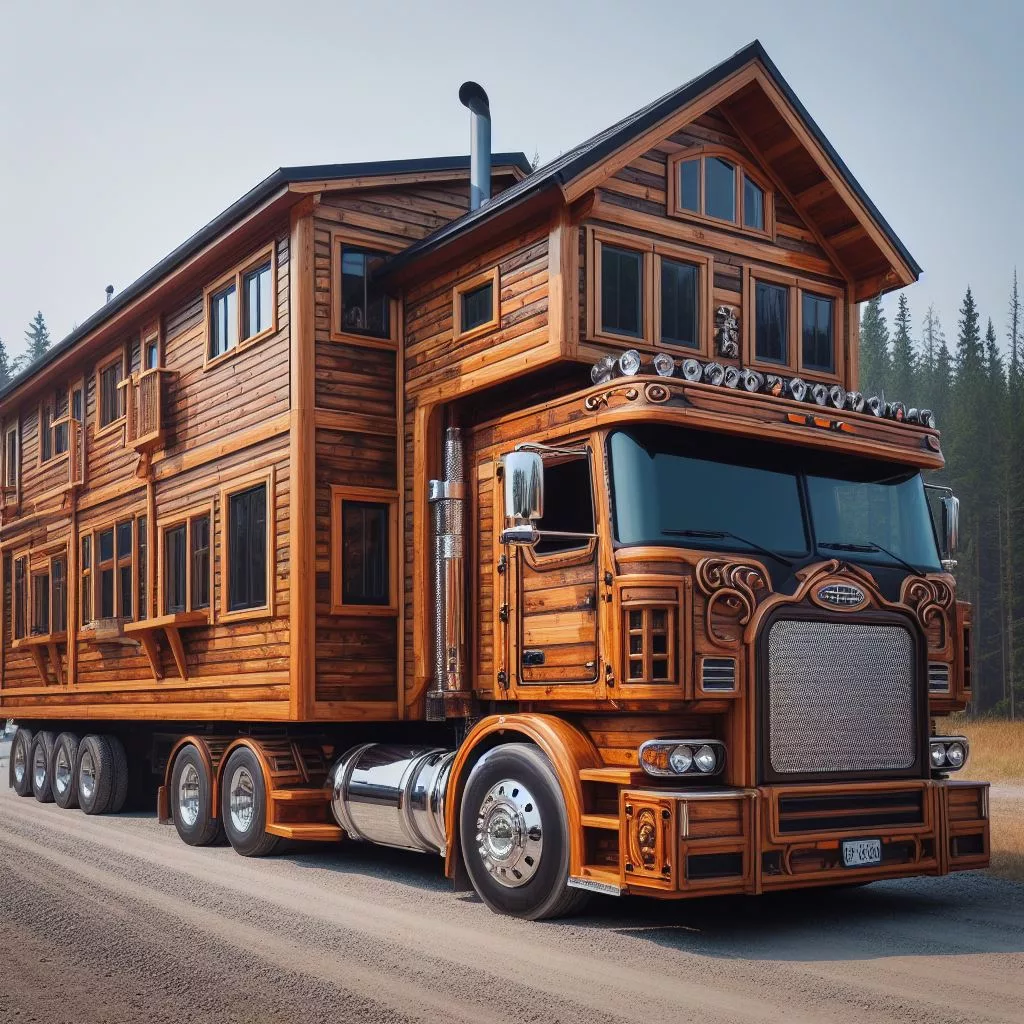
Mobile home pros:
- Quick construction process
- Sheltered indoor assembly

Traditional home cons:
- Weather-dependent construction
- Longer building duration
Size Discrepancy
Mobile homes tend to be smaller in size compared to traditional homes. This size difference can impact living space, storage options, and overall comfort levels within the dwelling. While some people prefer the coziness of a smaller space in a mobile home, others may value the spaciousness of a larger traditional house.
Pros of larger traditional houses:
- Ample living space
- More storage options
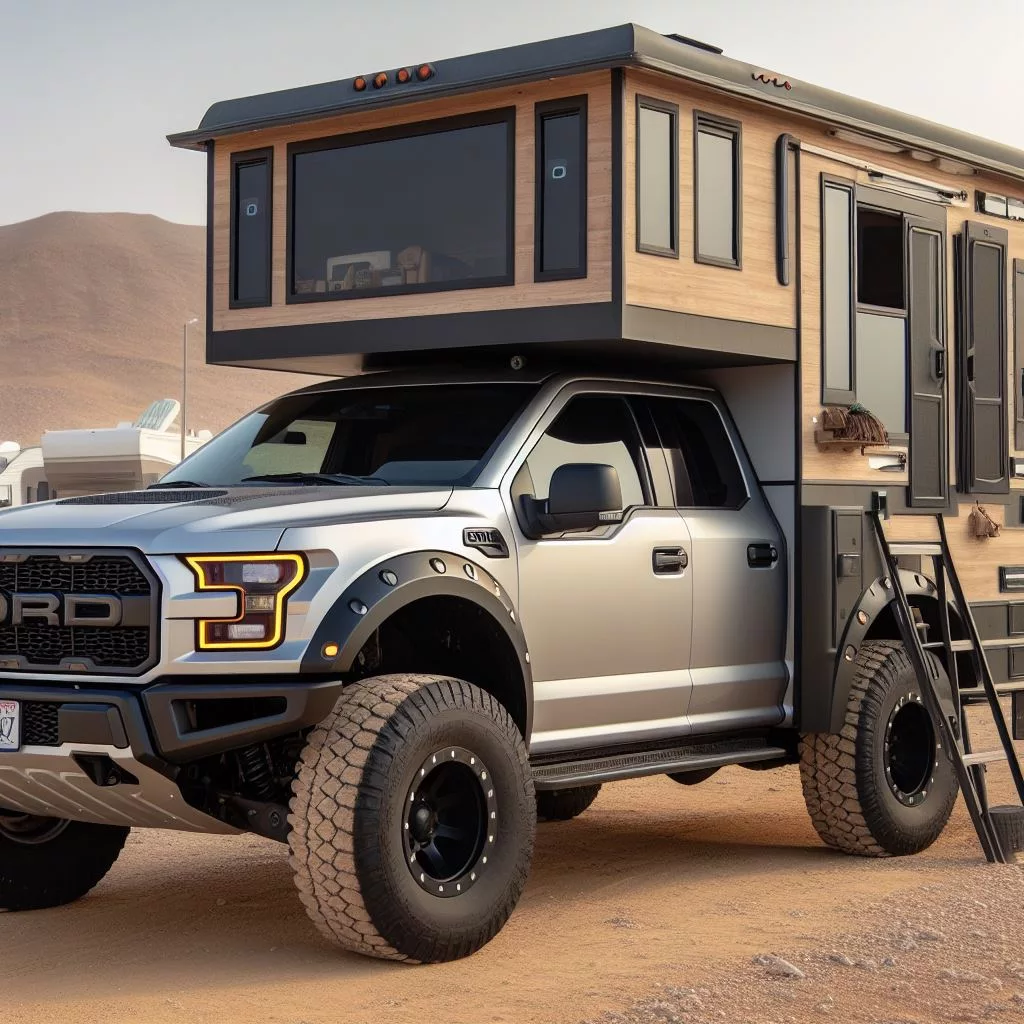
Cons of smaller mobile homes:
- Limited living area
- Reduced storage capacity
Construction and Sizing of Manufactured Homes
Building Process
Manufactured homes are constructed in controlled factory environments using standardized techniques. Home builders follow strict construction standards, ensuring durability. The building process is efficient and precise.
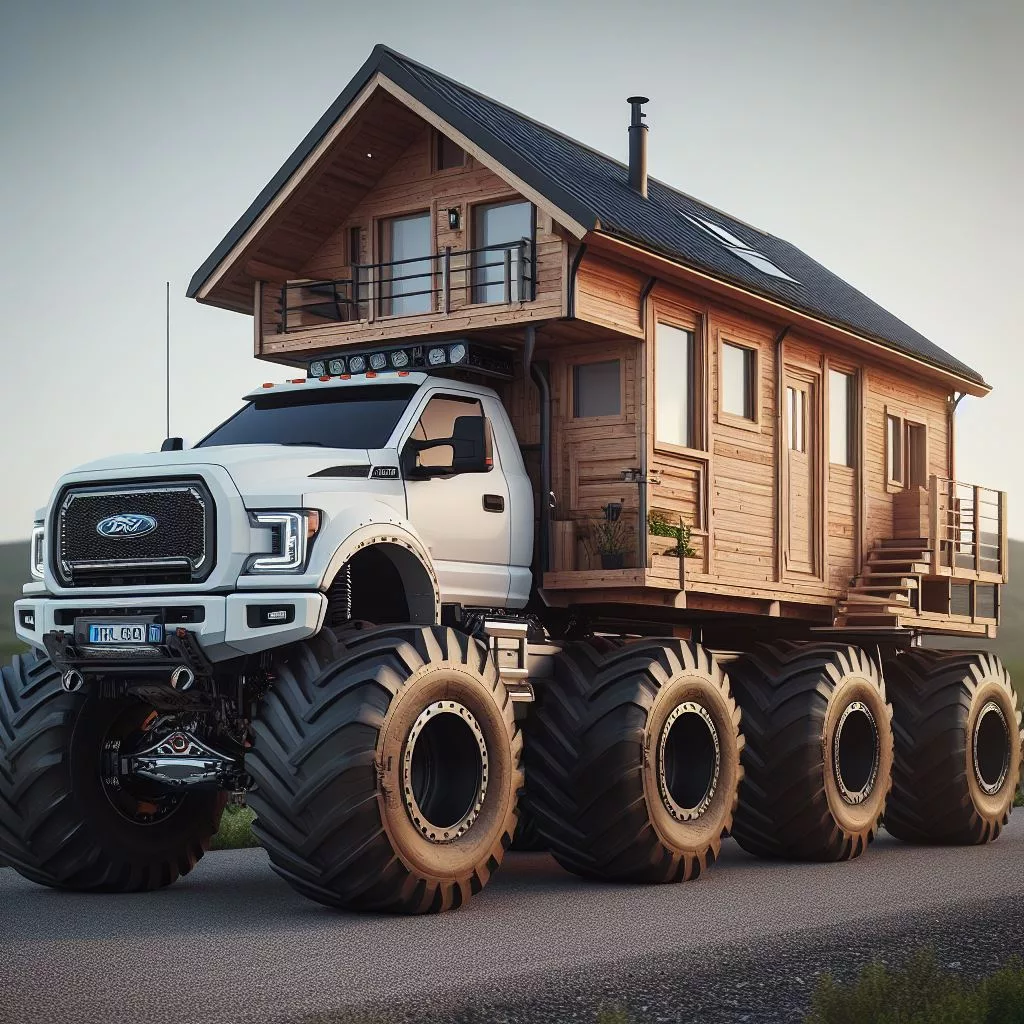
- Standardized building techniques
- Controlled factory environments ensure quality
- Efficient and precise construction process
Manufactured homes come in various sizes, from single-section units to larger multi-section units. These wide homes offer diverse floor plans and dimensions to suit different needs.
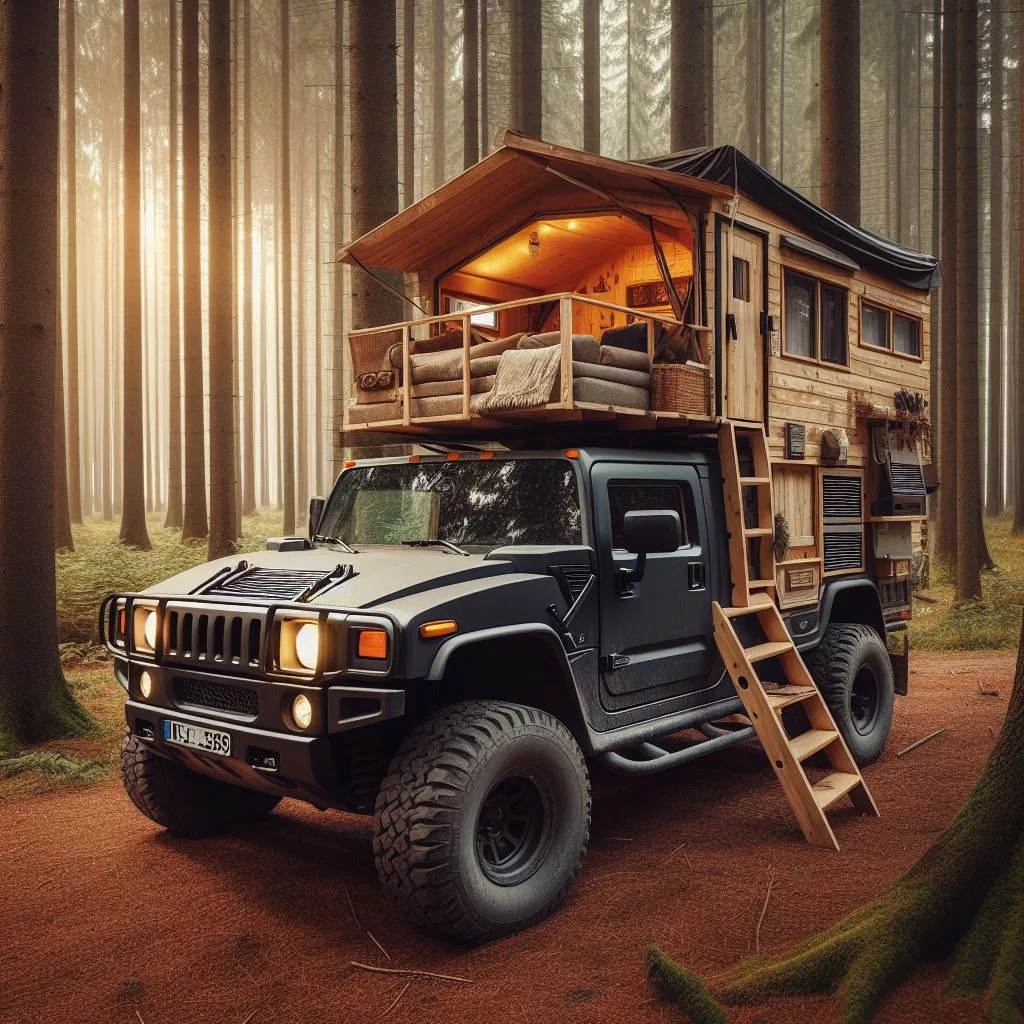
- Varying sizes available
- Single-section or multi-section units offered
- Diverse floor plans and dimensions cater to different preferences
Materials and Standards
These homes are built with durable materials that meet rigorous construction standards. From the foundation to the roof, every component meets specific criteria for safety and longevity.
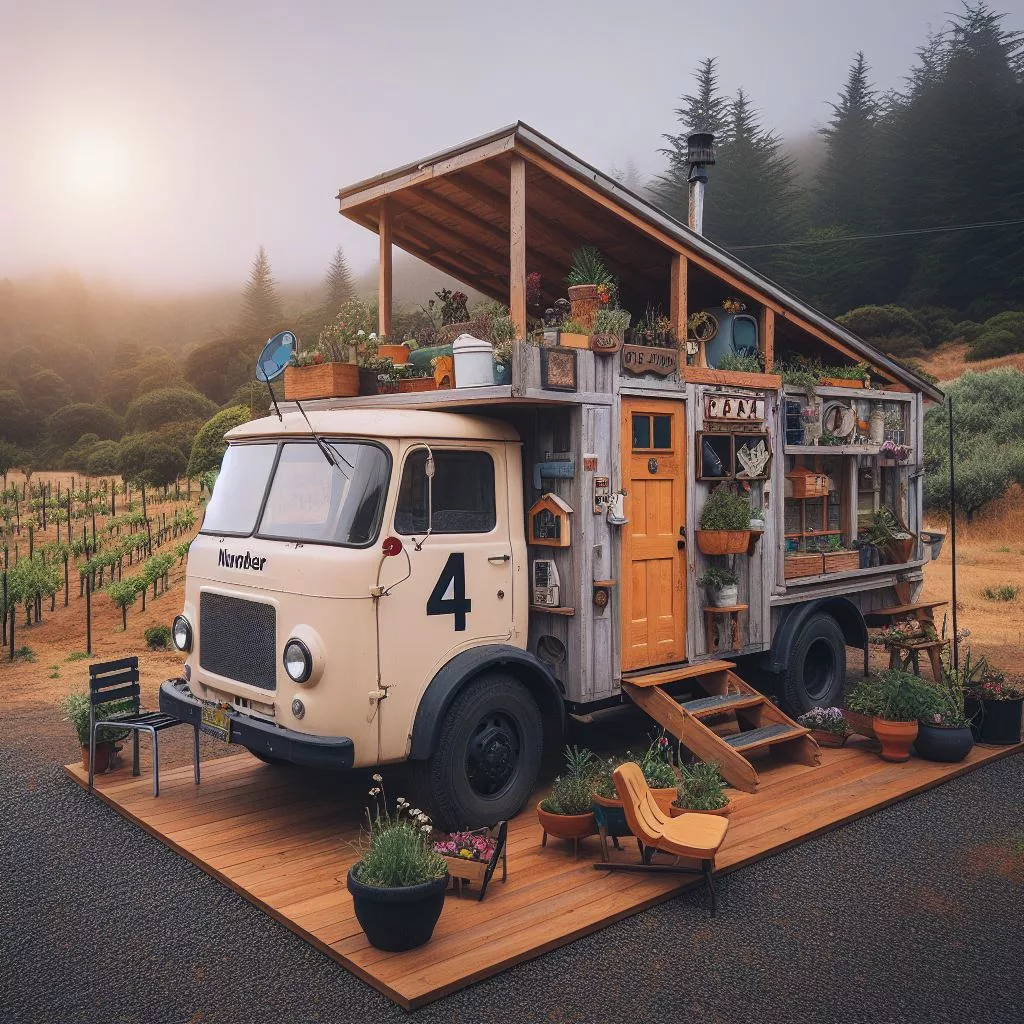
- Durability ensured through high-quality materials
- Rigorous construction standards met for safety
- Components from foundation to roof adhere to specific criteria
Regulations Governing Mobile Homes
Varying Regulations
Mobile homes are subject to regulations that differ depending on the country and region. These regulations aim to uphold safety standards and ensure quality control within the industry. For instance, in some areas, stringent guidelines govern the construction of mobile homes to guarantee durability and safety for residents.

In various regions, zoning laws play a crucial role in determining where mobile homes can be sited. Some states have specific zones designated for mobile home parks, while others may restrict their placement altogether based on local ordinances. Such regulations help maintain community aesthetics and prevent overcrowding in certain areas.
Building Codes
Specific building codes tailored for mobile homes cover essential aspects such as structural integrity, electrical systems, plumbing, and fire safety measures. These codes are put in place to safeguard residents living in these structures by ensuring that they meet established safety requirements. Compliance with building codes is vital not only during the initial construction phase but also for any subsequent modifications or renovations made to the mobile home.
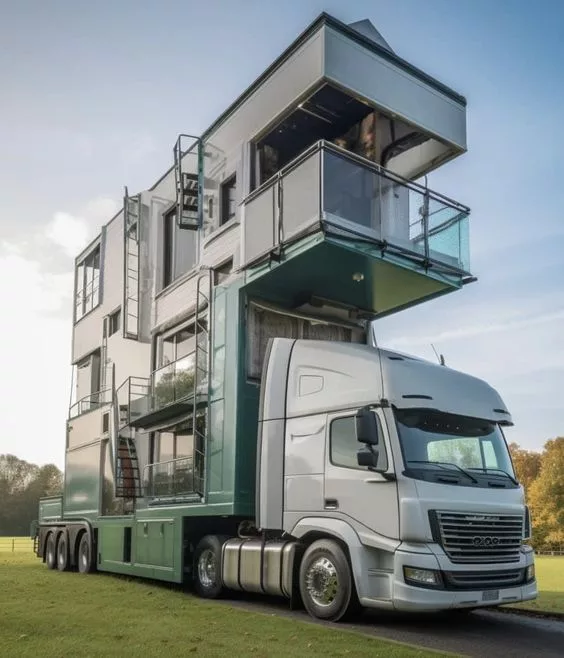
Mobile Home Parks in Different Countries
United States
Mobile home parks in the United States are designed to provide a sense of community for residents living in mobile homes. These parks offer shared amenities such as recreational areas, swimming pools, and clubhouses. In the US, mobile home parks often have rules and regulations that residents need to abide by to maintain a harmonious living environment.
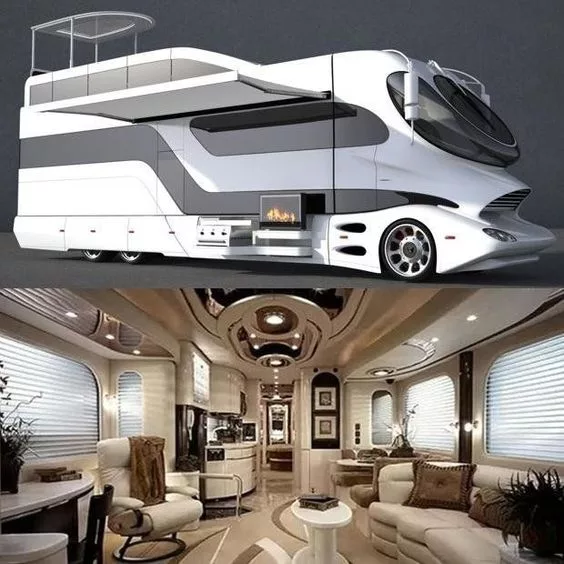
- Pros:
- Community-oriented living
- Shared facilities and services
- Cons:
- Rules and regulations may restrict certain activities
Europe
In Europe, mobile home parks serve as popular vacation destinations where tourists can enjoy temporary accommodation. These parks are commonly located near beaches or scenic areas, offering visitors a unique holiday experience close to nature. European mobile home parks often feature modern amenities like restaurants, shops, and entertainment options.
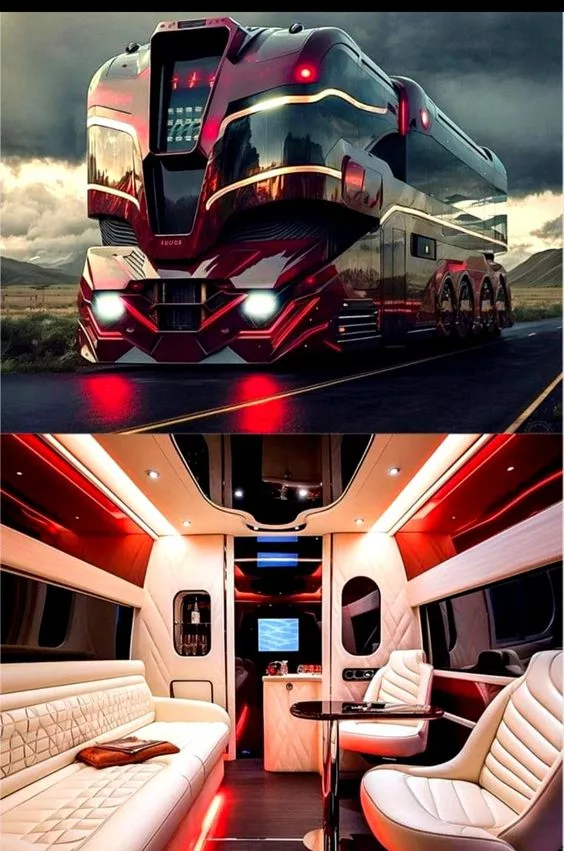
- Key Information:
- Temporary accommodation for tourists
- Proximity to tourist attractions
Tips for Buying a Mobile Home
Research Manufacturer Reputation
When purchasing a mobile home, it’s crucial to research the manufacturer’s reputation. Look for companies known for quality and reliability in their products. Check reviews and ratings from other buyers to ensure you are investing in a reputable brand.
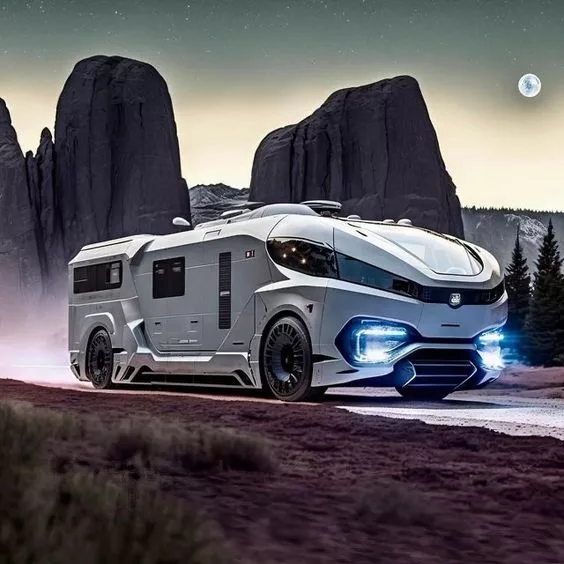
Consider the location, amenities, and community atmosphere of the mobile home park where the purchase will be made. The surroundings play a significant role in your overall satisfaction with your new living situation. Ensure that the park offers facilities and services that meet your needs.
Professional Inspection
Before finalizing the sales price negotiation, always get a professional inspection done on the mobile home. An inspection ensures that everything is in good condition and meets all necessary requirements. This step can save you from unexpected repair costs down the line.
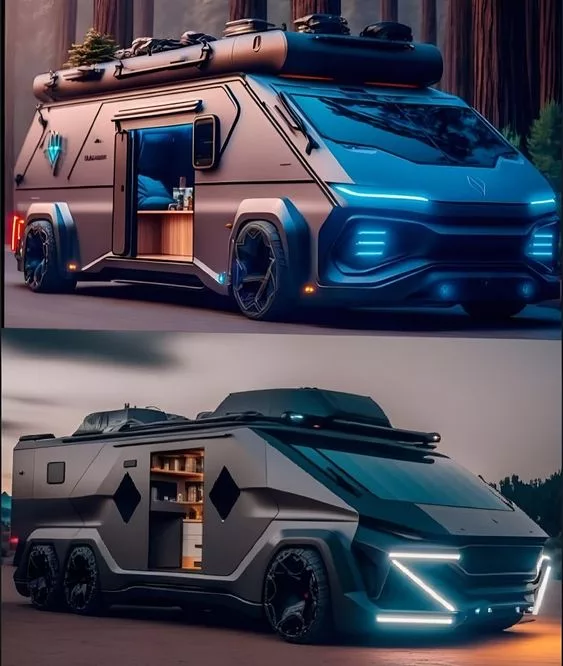
- Research manufacturer’s reputation
- Consider location, amenities, community atmosphere
- Get professional inspection before purchase
Maintaining Your Mobile Home
Regular Inspections
Regularly inspect your mobile home to catch any signs of damage early. Check the roof, siding, and foundation for wear or cracks. Addressing issues promptly can prevent costly repairs down the line.
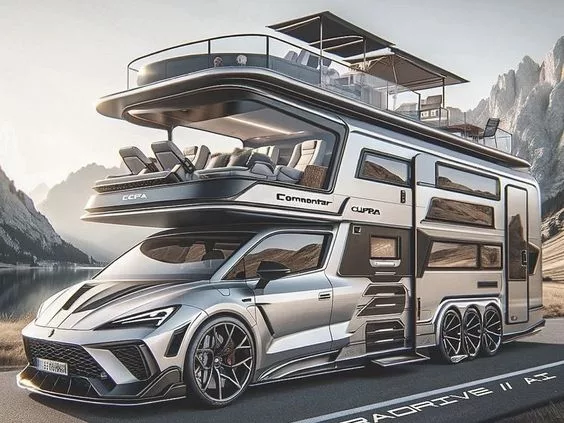
It’s essential to keep up with routine maintenance tasks on your mobile home. Clean gutters regularly to avoid water damage and check plumbing systems for leaks. Servicing HVAC units ensures they run efficiently and extends their lifespan.
Protecting Against Extreme Weather
Extreme weather conditions can pose a threat to your mobile home. Consider installing storm shutters to shield windows during storms. Reinforce vulnerable areas like doors and windows against strong winds.
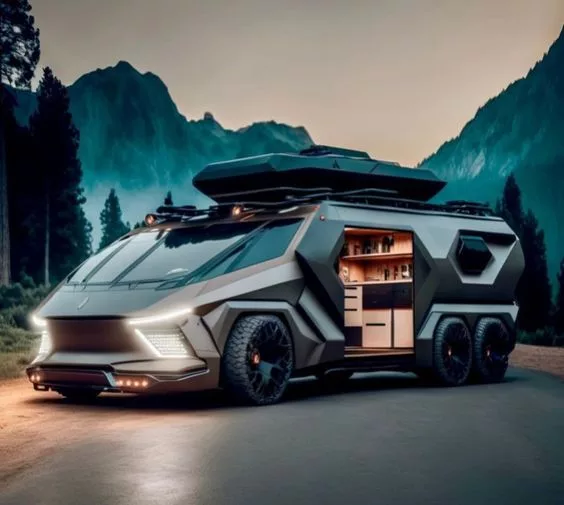
- Bullet List:
- Regular inspections help detect damage early.
- Routine maintenance prevents costly repairs.
- Storm shutters protect against extreme weather.
Customization Options for Mobile Homes
Floor Plans and Finishes
Many mobile home manufacturers provide various options for customizing floor plans and finishes to suit individual preferences. Homeowners can personalize their living space by choosing layouts, flooring materials, paint colors, and cabinetry styles. For example, they might opt for an open-concept design with hardwood floors or select modern fixtures for a contemporary look.
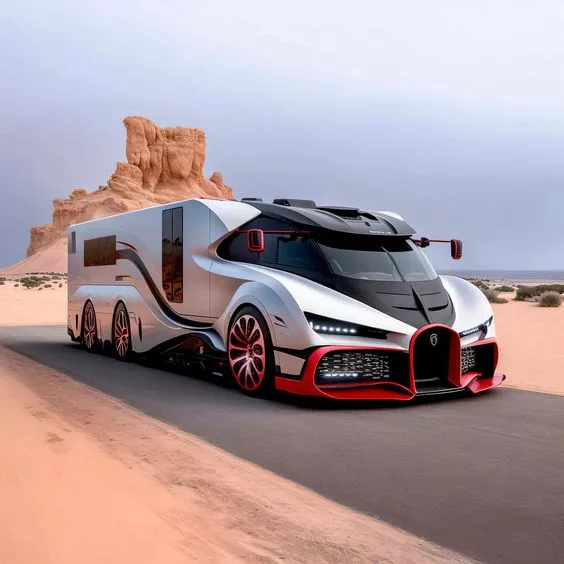
Mobile homeowners can also enhance their properties with upgraded amenities like energy-efficient appliances, improved insulation, and solar panels. These additions not only increase the home’s sustainability but also help reduce utility costs in the long run. By selecting these eco-friendly options during customization, residents contribute to a greener environment while enjoying the benefits of lower energy consumption.
Read more: Truck House Living: Unveiling Origins & Unique Features
Exterior Modifications
In addition to interior upgrades, exterior modifications play a crucial role in enhancing the overall appeal of a mobile home. Residents can choose to add porches or decks that expand outdoor living spaces and create areas for relaxation or entertainment. Moreover, landscaping options allow individuals to beautify their surroundings with gardens, pathways, or decorative elements that reflect their style preferences.
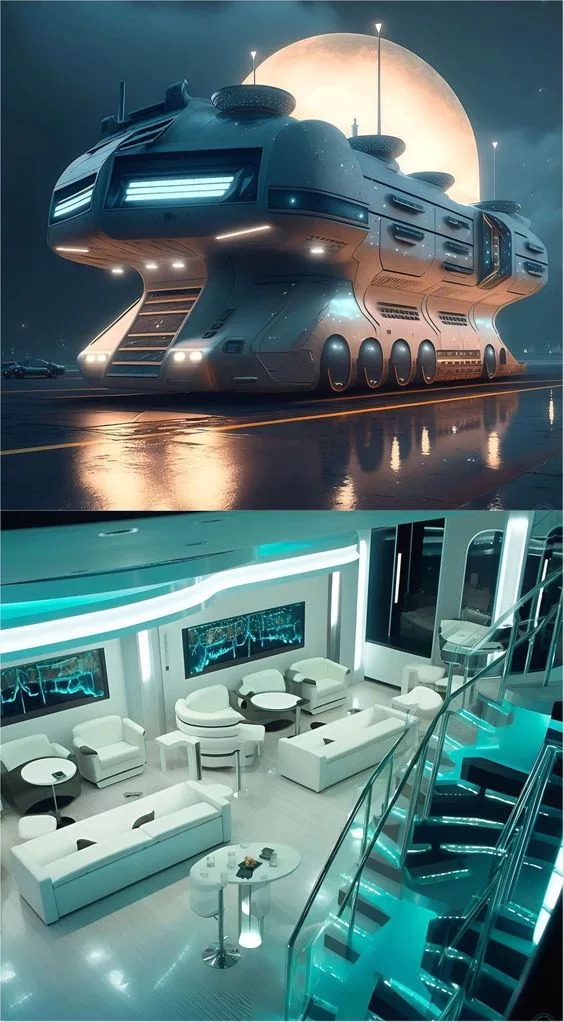
- Pros:
- Personalized living space tailored to individual needs.
- Increased sustainability through energy-efficient upgrades.
- Enhanced curb appeal with exterior modifications.
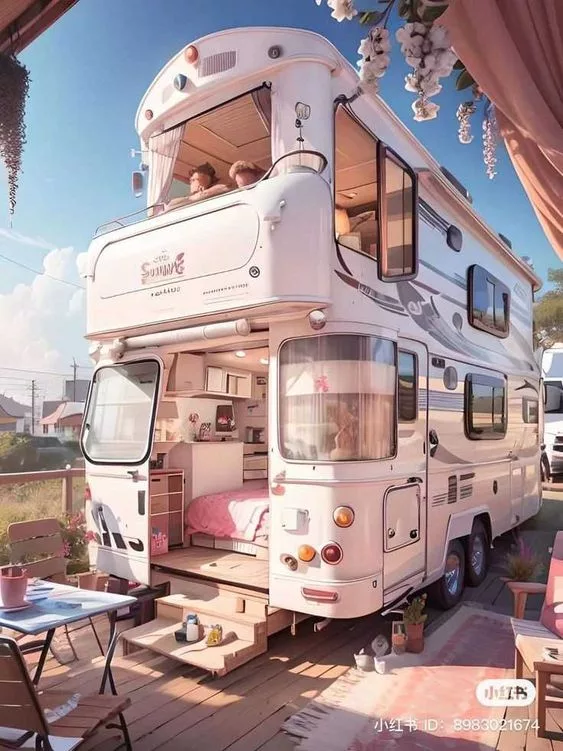
Read more: Futuristic Motorhomes: Evolution & Innovations
Summary
You’ve now gained a comprehensive understanding of mobile homes, from their affordability and construction to regulations and customization options. Mobile homes offer a unique housing solution that blends comfort with flexibility, making them a viable choice for many individuals and families. By exploring the benefits, differences from traditional homes, and tips for buying and maintaining them, you’re better equipped to make informed decisions regarding mobile home living.
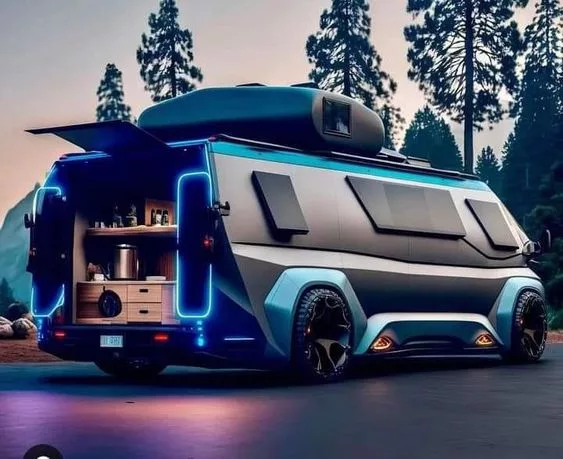
Take this newfound knowledge and apply it when considering your housing options. Whether you’re looking for a cost-effective solution, a customizable living space, or a low-maintenance home, mobile homes could be the perfect fit for your needs. Remember to research further, visit local mobile home parks, and consult with experts in the field to ensure you make the best choice for your lifestyle. Embrace the possibilities that mobile homes offer and embark on a journey towards affordable and personalized homeownership.
